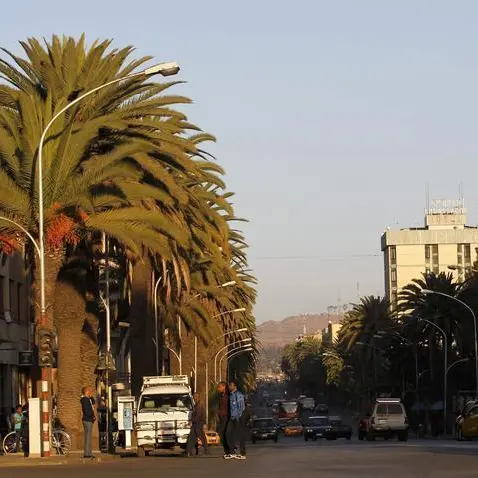PHOTO
Fuel deliveries and train traffic continued to be disrupted across France for a second day on Wednesday, after more than a million people protested against a controversial pensions overhaul.
President Emmanuel Macron and his government say raising the retirement age from 62 to 64 and stiffening the requirements for a full pension are essential to keep the system from sinking into deficit.
France lags behind most of its European neighbours, which have pushed back the retirement age to 65 or above.
But the changes have faced stiff resistance in parliament and in the street since mid-January, with the opposition and unions arguing the changes are unfair, especially for low-skilled workers and women.
Unions on Tuesday night called for an urgent meeting with the president after strikes hobbled the country and 1.28 million people took to the streets, according to official figures.
But the presidency has not yet directly responded to their request.
Unions have announced a new day of demonstrations for Saturday, and some have vowed to keep up walkouts.
Eric Sellini, national coordinator of the CGT union federation at energy giant TotalEnergies, said workers at most fuel shipping sites were again on strike on Wednesday morning.
The FO union at the same company said the action was necessary to "put extra pressure on the government".
Production however did not appear to have stopped at the refineries, and TotalEnergies said its petrol stations were well stocked.
In the transport sector, national railway operator SNCF said more than half of high-speed trains had been cancelled, with only one train in 10 operating between provinces.
International travel remained slightly affected, with just three out of four Eurostar trains running.
Government spokesman Olivier Veran said officials remained open to dialogue as the bill makes its way through parliament.
"The government's door is more than open," Veran told RTL radio.
But "we respect the institutions," he said. "The government and prime minister are leading the text through parliament."
The reform is now being debated in the upper-house Senate, with a vote by both houses of parliament expected by the middle of the month or by March 26 at the latest.
Wednesday's protests were some of the biggest in decades and slightly bigger than a previous round of demonstrations on January 31.





















